
Lebanese director Jihane Chouaib’s half-personal, half-fictionalized debut stumbles as it tries to manufacture mystery where emotion belongs.
“Go Home,” reads the angry grease-paint message scrawled on the wall of the now-ransacked villa Nada (Golshifteh Farahani) finds upon her return to the Lebanese village where she grew up. Alas, Nada can’t really go home, not now, not ever, in Jihane Chouaib’s slow and overly obvious account of this now-Westernized young woman’s attempts to put certain family secrets to rest. As three distractingly gorgeous actors mope about its otherwise-grubby Lebanon locations, this trilingual yet not especially talky debut (whose cast speaks French, English and Arabic) seeks profundity in introspective silences. For some it may well achieve that, though technically speaking, it’s a shame everything hinges on a childhood memory that, once fully revealed, isn’t nearly as shocking for us as it must be for Nada, ultimately eliciting respect but not much excitement as it travels fest and arthouse venues far from home.
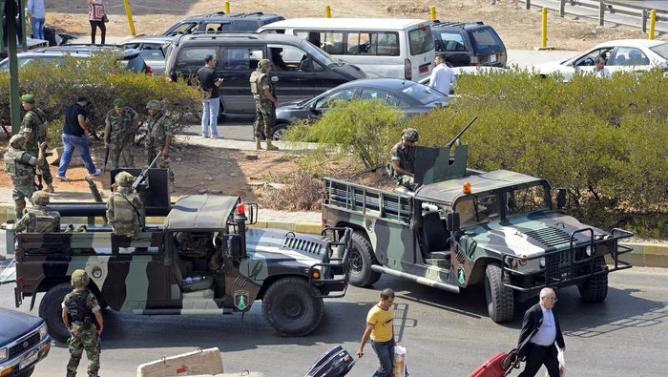
By Nicholas Blanford
A huge roar erupted from the 100,000 cheering Hezbollah supporters as the Shiite organization’s beaming leader, Sheikh Hassan Nasrallah, dressed in a customary brown cloak and black turban, stepped onto a stage decorated in the red, white, and green Lebanese national flag and yellow party banners.
It was May 26, 2000, and Sheikh Nasrallah was in the southern Lebanese town of Bint Jbeil, a few miles north of the Israeli border, to mark a stunning and unprecedented military achievement. His group of several hundred lightly armed resistance fighters had pushed the Israeli army out of south Lebanon, ending an occupation that had begun 22 years earlier.
The last Israeli troops had left their posts in south Lebanon just two days before.
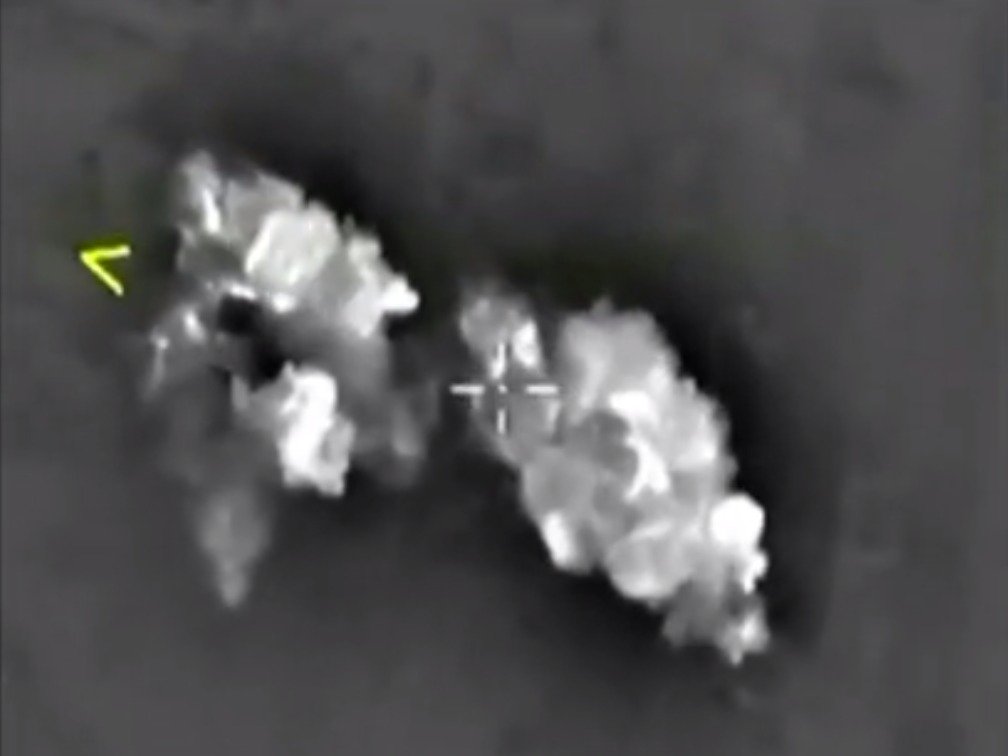
On September 30, the long-expected Russian military intervention in Syria rolled into action.
According to Russia’s Ministry of Defense, more than 50 airplanes and helicopters took part in a first wave of strikes against anti-Assad insurgents.
Russia’s TASS news agency quoted Major-General Igor Konashenkov’s announcement:
In accordance with a decision by the Supreme Commander-in-Chief Vladimir Putin Russian Aerospace Forces planes on Wednesday started an operation to deal pinpoint strikes against ground targets of the [Islamic State] terrorist group in the territory of the Syrian Arab Republic.
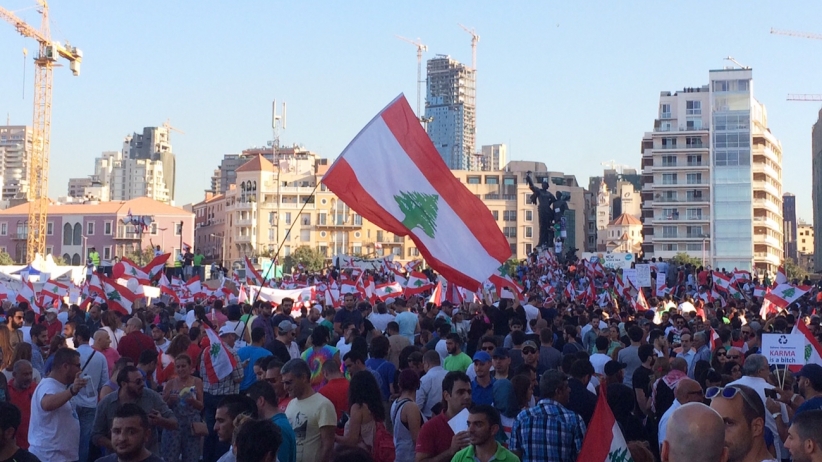
Lebanon is a country that faces a plethora of problems, from the lack of 24-hour electricity and decent infrastructure, to the ongoing refugee crisis to a parliament that’s extended its term twice and no president in office. One would think that an uprising to sort out the country’s many social, political, and economic problems has been overdue for years. That said, a problem that impacted the vast majority of Lebanese, irrespective of their sect, political ideology, or socioeconomic class sparked the “You Stink” protests: garbage. Beirut’s waste management has been handled by Sukleen, a private corporation, for almost two decades. The way they landed that huge responsibility was iffy to say the least. Waste management is a municipal responsibility; however, that portion of funds was taken and given to Sukleen. What was a bottom-up decision became top-down. Moreover, Sukleen’s plan is relatively financially inefficient. The amount of money it requires to treat a ton of solid waste (per ton) is higher than that of many other countries. Politicians from across the political spectrum have also accused of it being corrupt, some even referring to it as “mafia-like.” One of the accusations? That Sukleen sells recyclables for extra revenue.
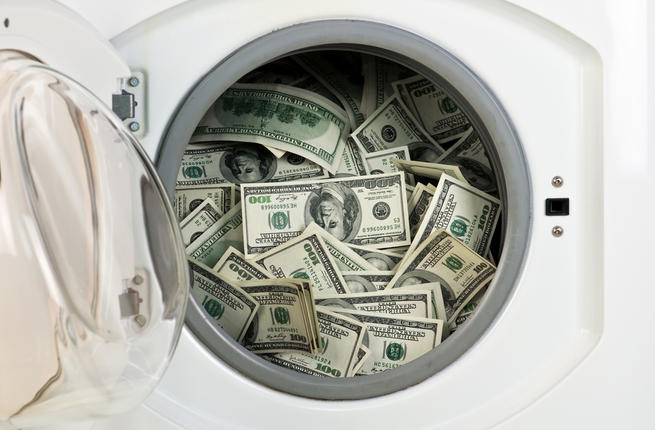
The U.S. has officially accused a prominent Lebanese businessman of money laundering and drug trafficking along with five other individuals and 11 companies. According to the U.S. Treasury Department’s Office of Foreign Assets Control, four Lebanese, two German nationals and 11 firms were accused of Specially Designated Narcotics Traffickers pursuant to the Foreign Narcotics Kingpin Designation Act.
Among them was renowned Lebanese businessman Merhi Abou Merhi for his alleged ties to a maritime network tied To “Joumaa Criminal Organization.”
The Treasury said the Lebanese and German individuals provide support for narcotics trafficking and money laundering activities conducted by Lebanese-Colombian drug trafficker and money launderer Ayman Saied Joumaa, key Joumaa associate Hassan Ayash, and the Joumaa criminal organization, which has ties to Hezbollah.
By David Cohen

Romance among teenagers has become a lot more complicated than sending your friend over to ask your crush’s friend if they like you.
Pew Research Center surveyed more than 1,000 teens (aged 13 through 17) to determine the impact of technology on their dating and romantic life, and its findings included:
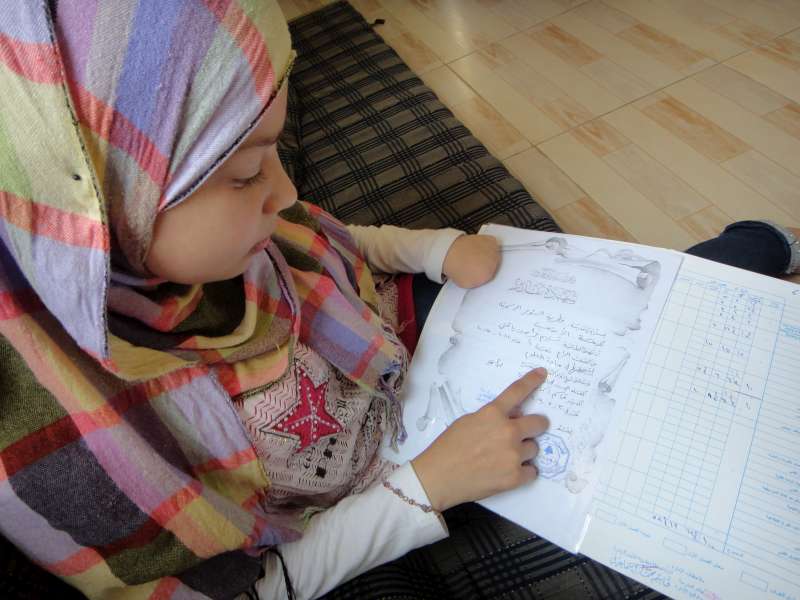
BEIRUT, Lebanon, Oct 2 (UNHCR) – Tasnim, a 12-year-old refugee girl from Aleppo, Syria, is excitedly preparing to return to school.
"I want to become a dentist. I have always been intrigued by the tools and materials dentists use in their neat clinics. Every time I visited my dentist in Syria, I learned something new," she said.
In 2013, a shell hit her home in Aleppo and Tasnim lost her left hand. Nevertheless, she is determined to pursue her dreams and overcome the obstacles war and flight into exile suddenly threw across her path."I want to keep learning. I want to help children have beautiful smiles," she explained.
BEIRUT — The U.S. ambassador to Lebanon says Washington is more than doubling the baseline amount of U.S. military assistance to the Lebanese army compared to the previous year. Ambassador David Hale told reporters after meeting Lebanese Prime Minister Tammam Salam on Friday that America is committing $150 million of U.S. assistance funds to the […]
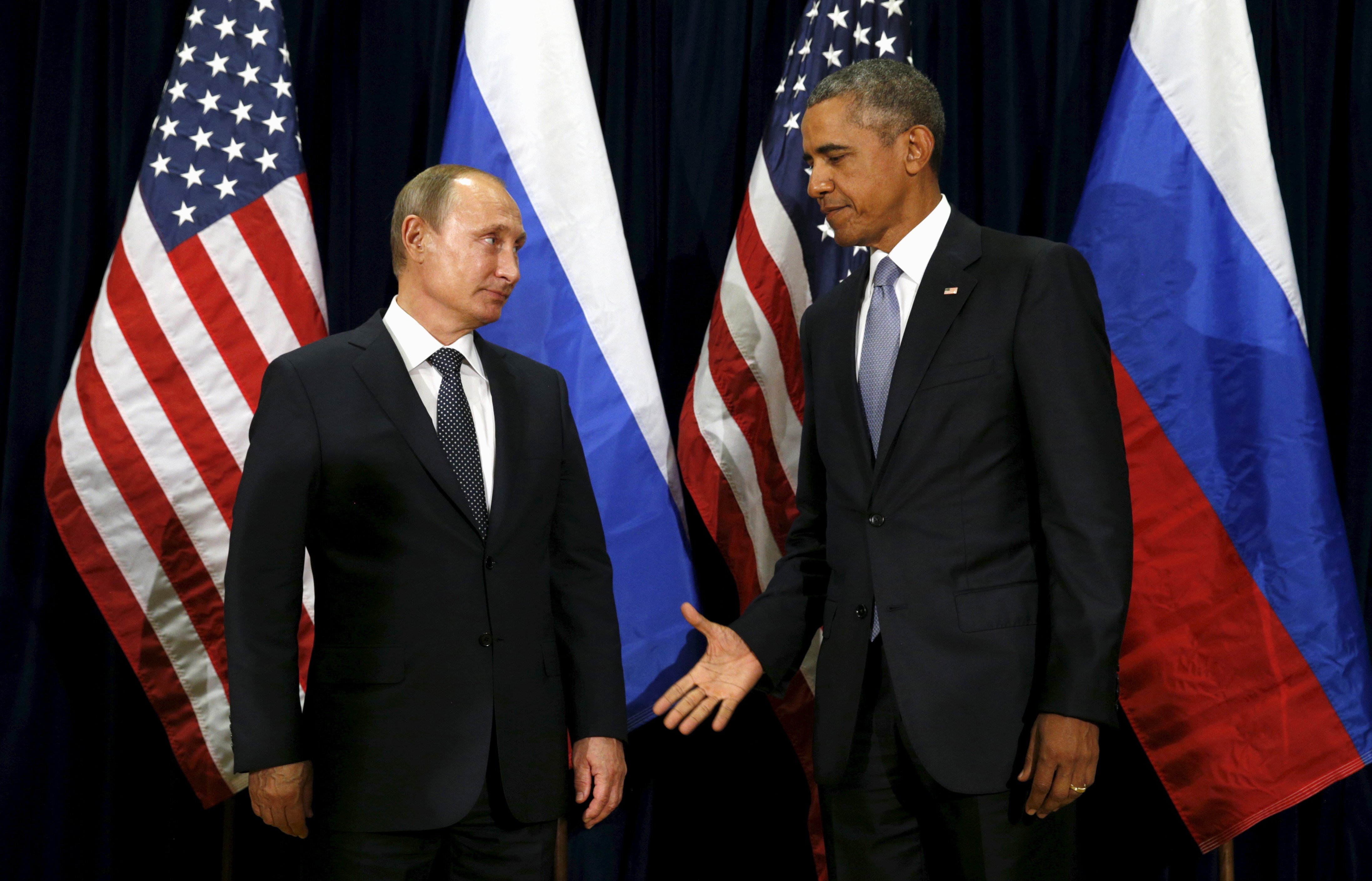
One day after launching a campaign of airstrikes in Syria, Russia announced that it was considering going into Iraq.
A foreign ministry representative said Thursday that Russia would consider any request from Iraq to conduct anti-ISIS airstrikes in the country, and Iraqi President Haider al-Abadi told Western news outlets that Russian airstrikes were "a possibility" and that Iraq would "welcome it."
"Our message to the Russians — I met with Putin — please join this fight against Daesh," Abadi told PBS NewsHour, referring to Russian President Vladimir Putin. Daesh, as well as the Islamic State, is another name for the ISIS militant group.

Russian President Vladimir Putin’s spokesman has given an explanation for how the government is deciding where it conducts airstrikes in Syria.
Dmitry Peskov said Russia was targeting ISIS and "other groups," telling reporters: "These organizations are well known and the targets are chosen in coordination with the armed forces of Syria."
The "armed forces of Syria" fight on behalf of Syrian President Bashar Assad, who the US has said must step aside if the militant group ISIS (also known as the Islamic State) is to be defeated.
And as the Associated Press notes, the Assad regime considers all of the president’s opponents to be terrorists.
Experts have said Russia’s prime concern is propping up the Assad regime against nationalist rebels and maintaining its influence in the region rather than stomping out extremists.
Russia started bombing targets on Wednesday, avoiding ISIS strongholds and instead going after areas held by other rebels who are fighting the Assad regime. Airstrikes hit areas near Homs and Hama.



